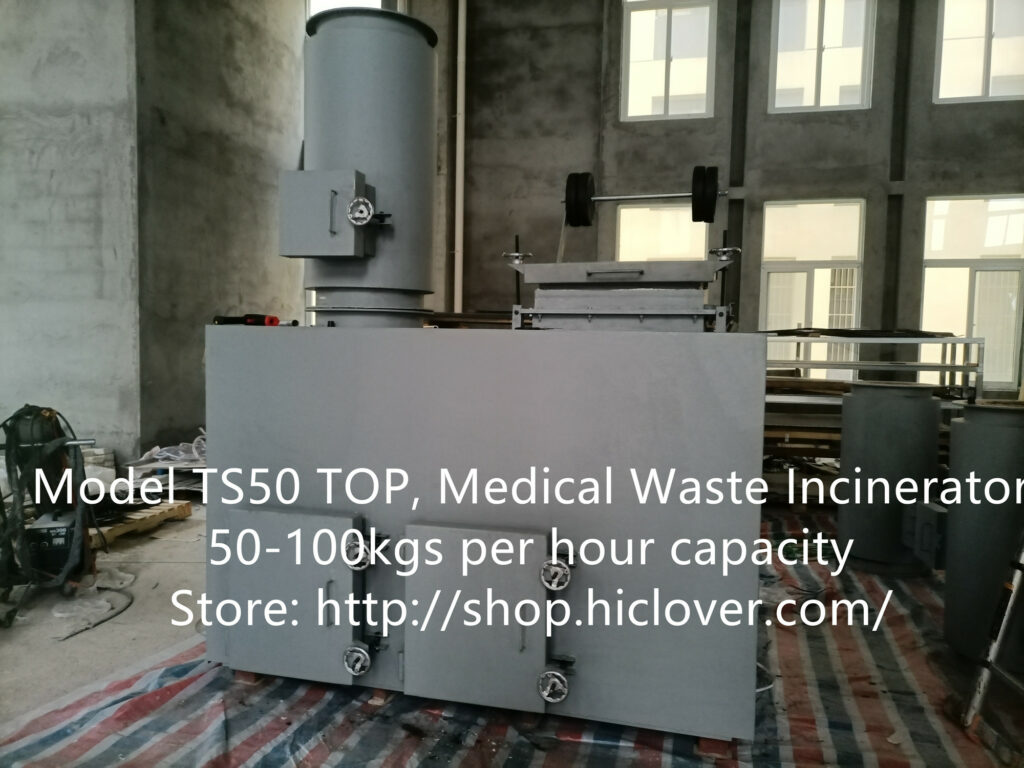Proper incinerator waste management in hospitals is a crucial aspect of healthcare facility operations. Incineration is a commonly used method for disposing of medical waste, and if not managed properly, it can lead to serious health and environmental concerns. Therefore, it is of utmost importance for hospitals to ensure that their incinerator waste management practices are compliant with regulations and best practices.
One of the main goals of incinerator waste management in hospitals is to minimize the risk of exposure to infectious and hazardous materials. Medical waste generated in hospitals can include items such as needles, syringes, bandages, and even bodily fluids, all of which can pose a threat to public health if not disposed of properly. Incineration is an effective method for destroying such materials, as it can reach high temperatures that are capable of completely destroying pathogens and reducing the volume of waste.
Effective incinerator waste management also plays a significant role in protecting the environment. Improper incineration can release harmful pollutants into the air, which can contribute to air pollution and have negative impacts on public health. Furthermore, residual ash from incineration can contain toxic substances that may leach into the soil and water if not handled properly. Therefore, hospitals must ensure that their incinerator waste management practices adhere to environmental regulations and guidelines to minimize the impact on the environment.
In addition to public health and environmental concerns, proper incinerator waste management is also important for the financial sustainability of hospitals. Inefficient waste management practices can result in higher operational costs, as hospitals may incur fines for non-compliance with regulations or face increased waste management expenses. By implementing proper incinerator waste management practices, hospitals can reduce the volume of waste that needs to be disposed of and minimize the associated costs.
To ensure proper incinerator waste management, hospitals should develop and implement comprehensive waste management plans that encompass all aspects of waste handling, storage, transportation, and disposal. It is crucial for healthcare facilities to invest in the proper equipment and training for staff to handle medical waste effectively and safely. Regular audits and inspections can also help hospitals to identify areas for improvement and ensure compliance with regulations.
Furthermore, hospitals should prioritize the segregation of different types of medical waste to ensure that materials requiring special handling, such as hazardous or infectious waste, are separated from non-hazardous waste. This will facilitate the proper disposal of different types of waste and minimize the risk of cross-contamination.
In conclusion, proper incinerator waste management in hospitals is essential for the protection of public health, the environment, and the financial sustainability of healthcare facilities. By adhering to best practices and regulations, hospitals can effectively manage their medical waste and contribute to a safer and healthier community. It is imperative for hospitals to prioritize proper incinerator waste management in their operations to ensure the safety and well-being of patients, staff, and the surrounding community.



